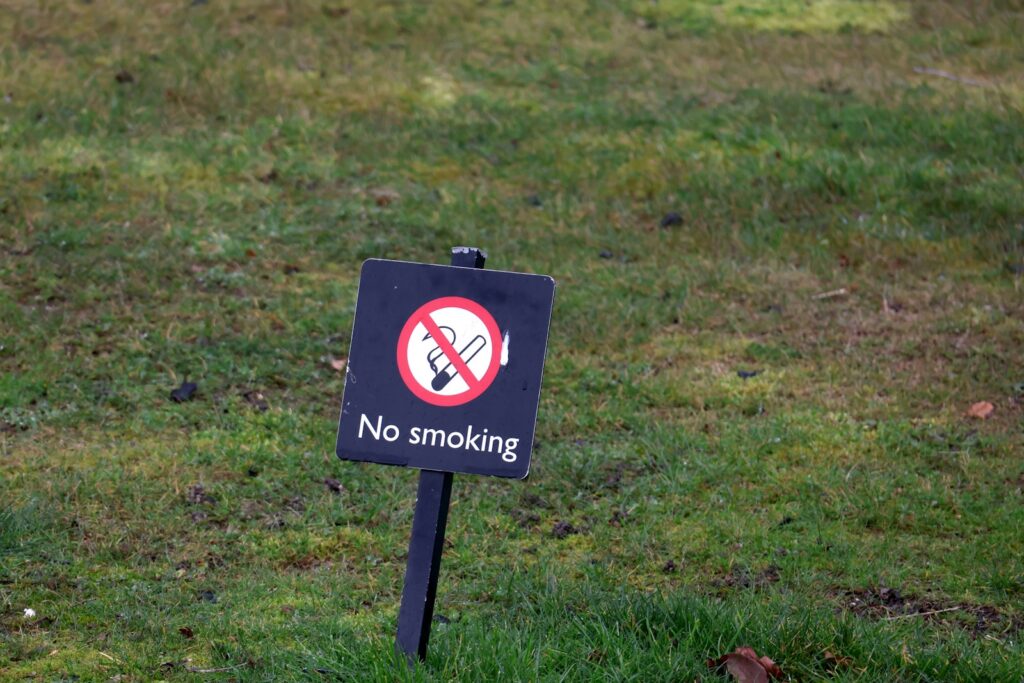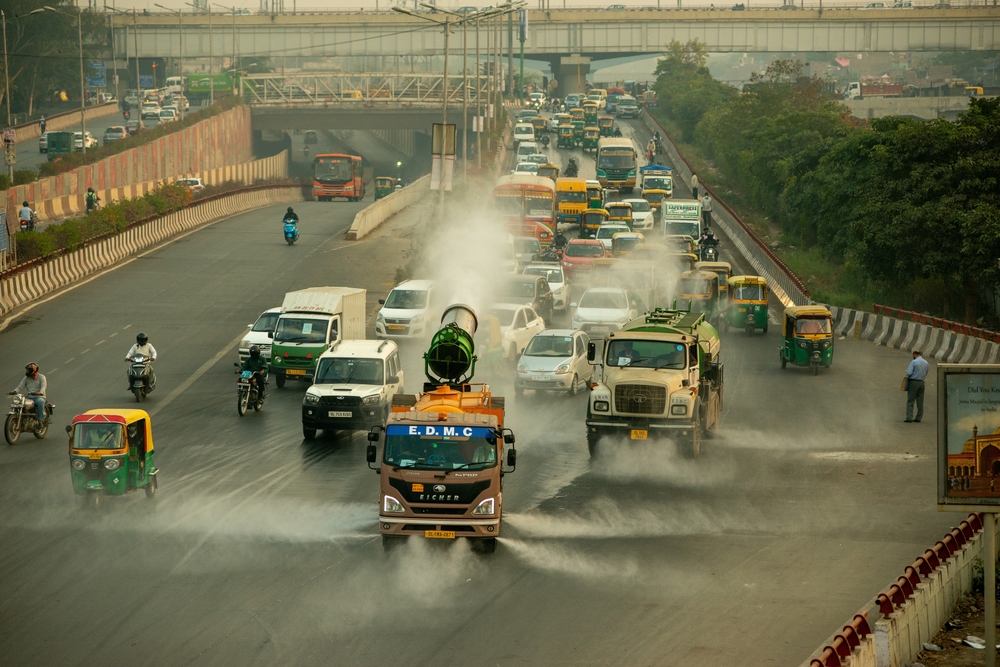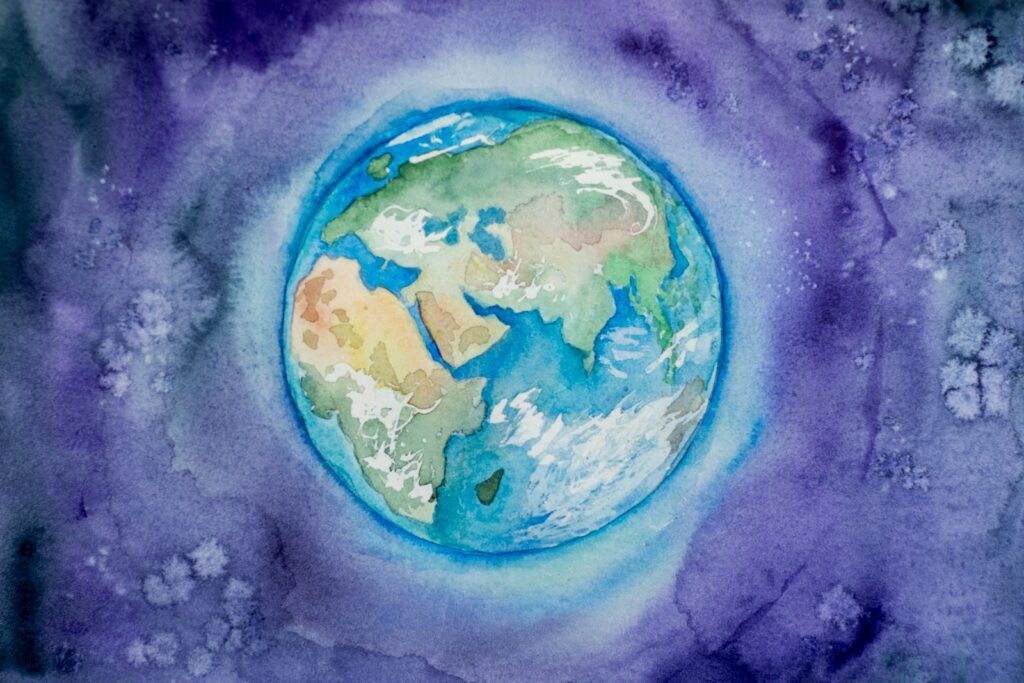While prenatal exposure to air pollution has previously been linked with long-term respiratory problems, a team from the Penn State College of Medicine in collaboration with the Maternal-Infant Research on Environmental Chemicals, set out to investigate the lesser studied impact of prenatal air pollution exposure on newborn babies.
Chintan K. Gandhi, assistant professor of pediatrics at Penn State and corresponding author of the paper said: ‘Mothers’ exposure to air pollution while pregnant is known to be associated with adverse long-term respiratory issues, such as asthma, in their children. However, what we didn’t know is that maternal exposure to air pollution could cause babies to suffer severe respiratory distress soon after birth.’
The researchers analysed data from a three year study which had examined the exposures of 2,001 pregnant women from 10 Canadian cities to environmental chemicals, including PM2.5 and NO2.
The women’s exposure to PM2.5 and NO2 was estimated, from three months prior to pregnancy through to the end of the third trimester, by using models based on satellite information and that from ground-level air quality monitoring.
The team examined the relationship between the mothers’ exposure to air pollution and respiratory distress in babies as diagnosed by a physician.
The key findings were as follows:
- Increased risk of severe respiratory distress: Babies born to mothers exposed to higher levels of PM2.5 were more likely to experience severe respiratory distress, requiring interventions such as assisted ventilation and systemic antibiotics.
- Consistent associations across pregnancy stages: The association between PM2.5 exposure and severe respiratory distress remained consistent whether the exposure occurred during the pre-pregnancy stage or at any stage during pregnancy.
- NO2 exposure and systemic antibiotics: NO2 exposure in mothers was associated with an increased need for systemic antibiotics among babies.
Chintan K. Gandhi said: ‘We found that the more air pollution mothers were exposed to, the greater the chances that their babies would suffer severe respiratory distress
‘Our findings hold substantial importance as they suggest that preventing death and illness in babies due to respiratory distress is plausible through the reduction or elimination of air pollution. It is imperative for policymakers to grasp the gravity of this situation’
The research can be read here.


















Leave a Reply